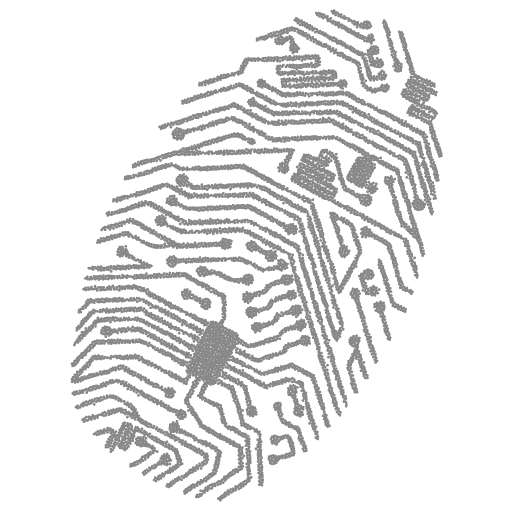In September 2016 we wrote an article (in Polish) on the relevance of EU law for the FinTech sector. FinTech has seen intensive growth on a global scale in the dozen or so months since then.
new tech law blog

FinTech and blockchain in the European Union
Liability for copyright infringement by AI
In my last post I examined whether artificial intelligence could be regarded as an “author” for purposes of copyright law. This topic is intriguing, but we must remember that AI can not only create works that at least theoretically can be covered by copyright protection, but it can also infringe copyrights held by others when creating its own works. There are already algorithms that can mimic a certain style of painting or a specific author. In the face of technology enabling anyone with access to it to produce their own “masterpiece by a famous painter,” it is worth considering whether AI can be held responsible for copyright infringement, and if not, who can?
Blockchain: Regulatory trends in 2018
A couple of years ago, there were just a few lawyers interested in cryptocurrencies handling the small number of cases in this area. Businesses using this technology had little need for legal services, as the prevailing view among them was that few aspects of their operations were subject to any legal regulation.
Unique tokens—a new trend in the world of blockchain
2017 was undoubtedly the year of the ICO—raising funds by distribution of blockchain tokens. Although neither initial coin offerings nor tokens were entirely new, in 2017 they exploded with full force, generating a huge growth in interest in blockchain technology.
Why do we need Legal Tech? A few thoughts following the Global Legal Hackathon
The Global Legal Hackathon last weekend (23–25 February 2018) offered an excellent opportunity to grasp the potential that can be released from cooperation between lawyers and IT specialists. Legal Tech solutions are more than just technological novelties. They are solutions that can protect our legal system against a serious crisis.
Lex Mundi Global Token Sales Guide
The Lex Mundi working group for blockchain has prepared a Global Token Sales Guide summarising the different regulatory regimes for ICOs (initial coin offerings) in key jurisdictions around the world. Wardyński & Partners authored the section on Poland.





